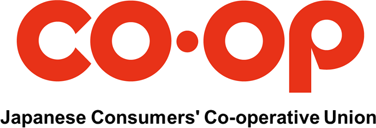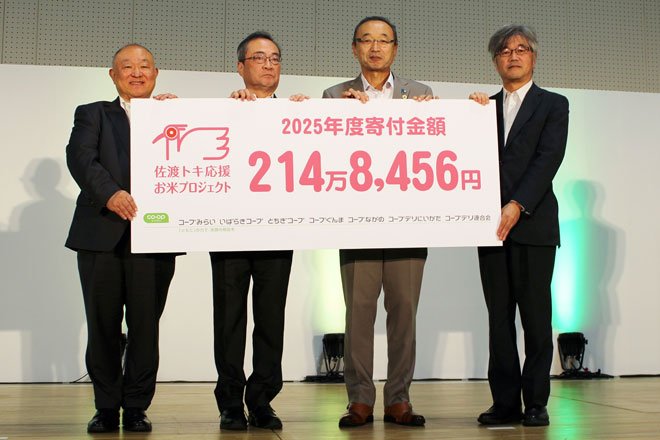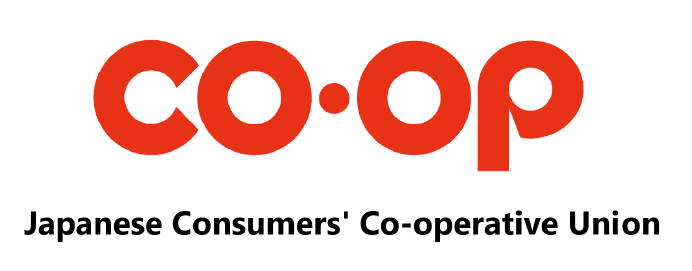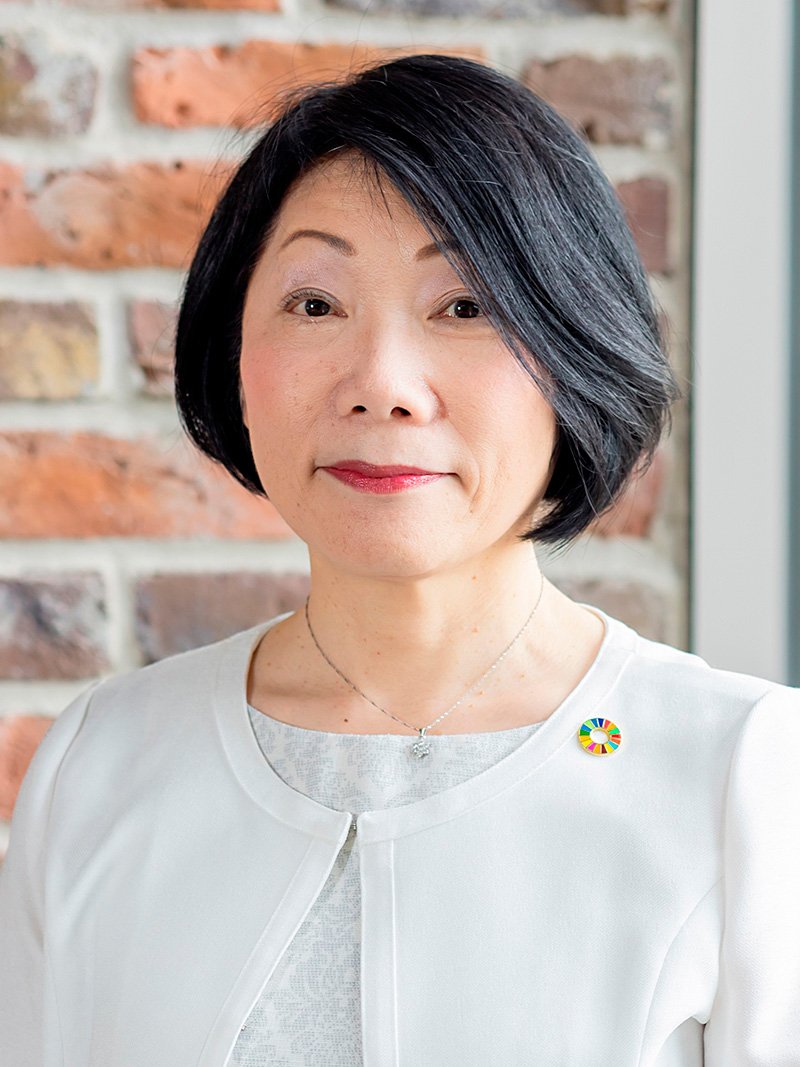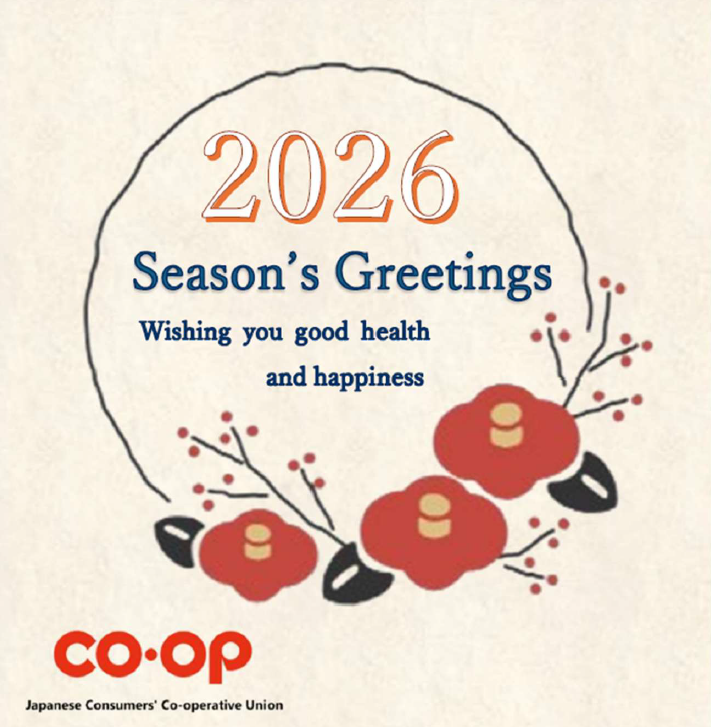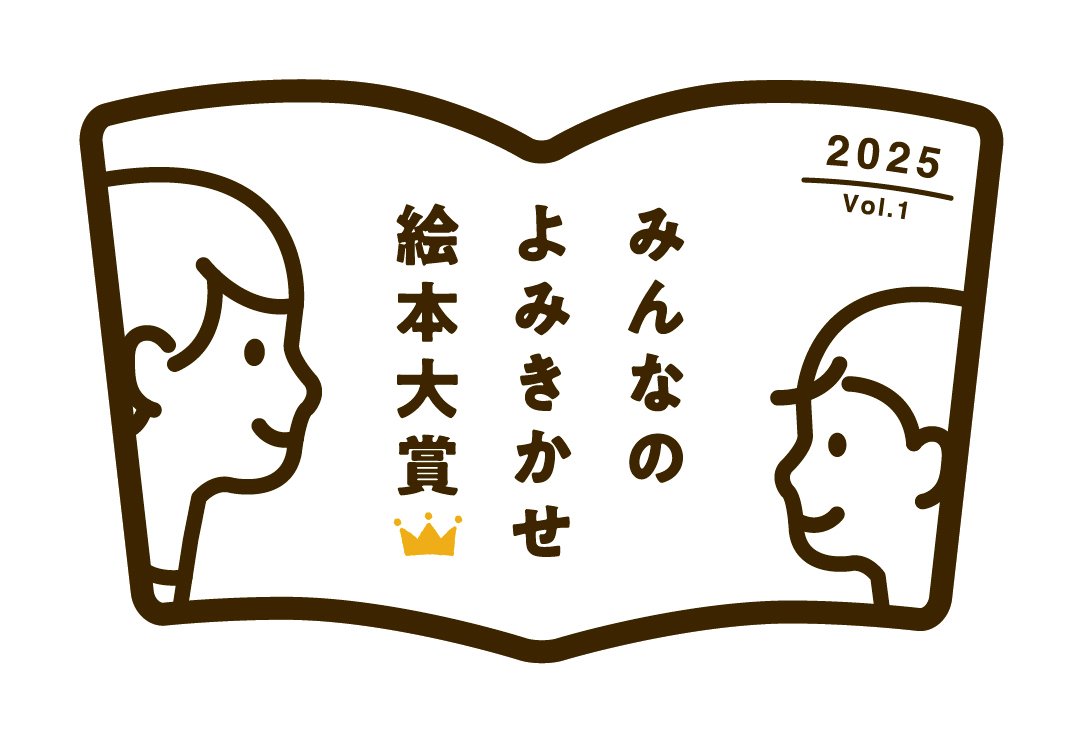JCCU releases fiscal 2018 radioactive substance intake investigation results
2019.03.27
JCCU has been conducting "Survey of radioactive substance in home meals" for 8 years since FY2011 and on March 6, 2019 the results for fiscal 2018 was released.
The reason for JCCU’s continuing investigation is to find out the actual situation scientifically and provide survey results and related information widely to co-op members and the general public in an easy-to-understand manner to help them understand the current situation about the radioactive contamination of food after the meltdown of Fukushima Daiichi Nuclear Power Plant following the earthquake and the subsequent tsunami on March 11, 2011.
This time the survey period was from May 21, 2018 - January 24, 2019 with a target number of 232 households (232 meals samples from 18 prefectures from Tohoku to Kanto. For Fukushima prefecture alone 100 households 100 samples were taken).
The two-day meals from each household (total of 6 meals and between-meal snacks) were made into one sample, mixed together and examined for cesium levels using a germanium semiconductor detector. The detection limit (threshold) for the measurement of cesium 134, cesium 137 and potassium 40 was 1 Bq/kg.
Comparing the investigation results in fiscal 2018 with that in the past 8 years, the following results have been summarized.
・The amount of radioactive cesium per 1kg of meal
On the amount of the radioactive cesium per 1 kg of meal, the radioactive cesium beyond the detection limit was not detected by any of the samples investigated in fiscal 2018, thus for 5 consecutive years radioactive cesium beyond the detection limit has not been detected.
In each year of investigation from fiscal 2011 to 2013 some amount of radioactive cesium was detected but the detection ratio and the maximum value of radioactive cesium has been reduced with each passing year, however, from fiscal 2014 no radioactive cesium has been detected for 5 consecutive years. As a result of having investigated 2,594 samples in 8 years, it could be inferred that the assumption that one could continuously be eating meals containing 1 Bq/kg or more of radioactive cesium is extremely low.
・The estimated internal radiation exposure dose
The estimated internal radiation exposure dose from meal per one year (radioactive cesium) has become progressively lower from fiscal 2011 to 2013. From fiscal 2014 to 2018, radioactive cesium could not be detected and therefore cannot be compared, however, the internal exposure dose is considered to be equal or less than the level recorded in 2013.
・Radioactive potassium
Radioactive potassium (Potassium 40), which is included in food regardless of nuclear disasters, was detected in all samples with a value of 15- 54 Bq/kg. Hence the internal radiation exposure dose of radioactivity per year would be 0.040- 0.27 mSv. This result is same with the past 7 years.
・lodine-131
Iodine-131 was also measured as a reference value, but there was no detection in all samples from fiscal 2011 to 2018.
Voices of co-op members who provided food samples
- I felt relieved when inspection was conducted directly on the food my children ate and was found safe. I hope this effort continues.
- After the earthquake, as the years go by, the feeling of anxiety has diminished, but there is still uncertainty about the health of children when they grow up. By cooperating with this survey, I feel at least a sense of security for food and would like this investigation to continue.
- There is a sense of security to know the results of this investigation. If there is an opportunity for future investigation I would cooperate again since the problem of the nuclear accident has not yet been resolved.
- Thank you for conducting an intake survey every year. With this careful inspection I feel safe to eat food products from Fukushima and not to worry about the children’s health when they grow.
- Having been involved in this survey, I was able to understand and discuss problems with radioactive materials with my family.
JCCU will continue this investigation in 2019 to disseminate the right information to members and the general public.
